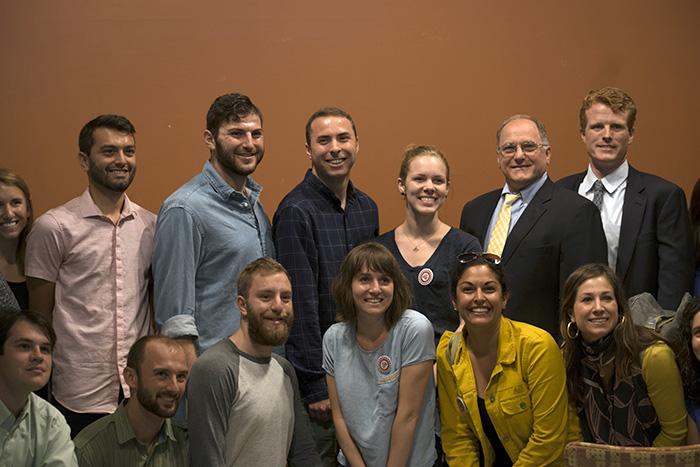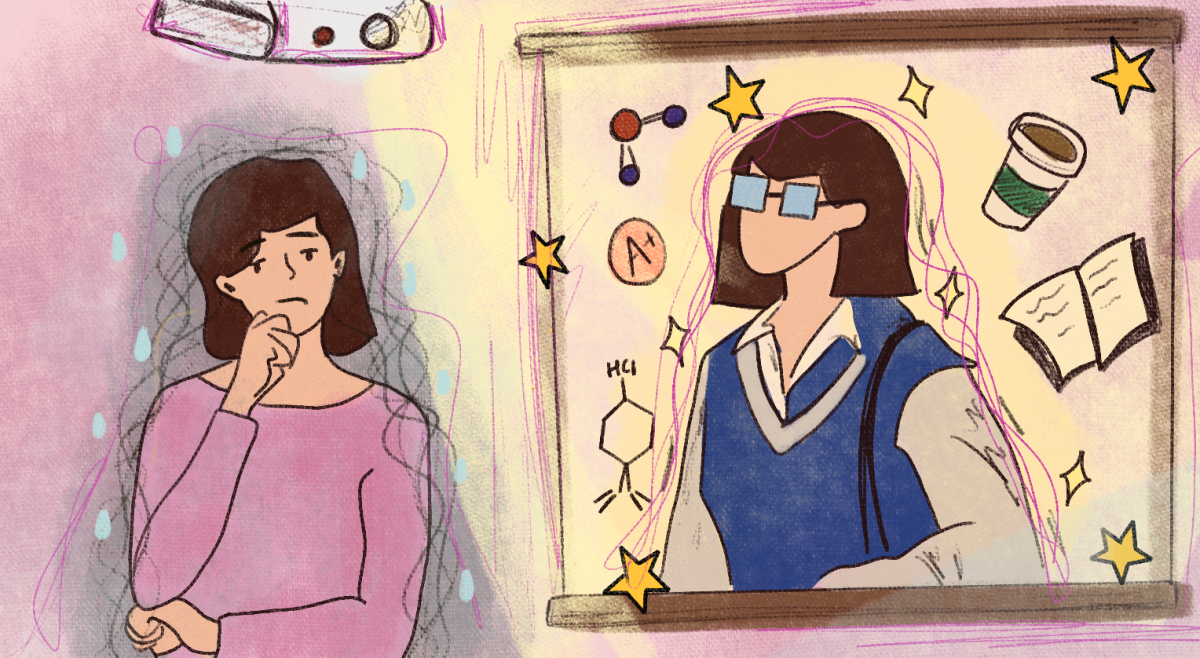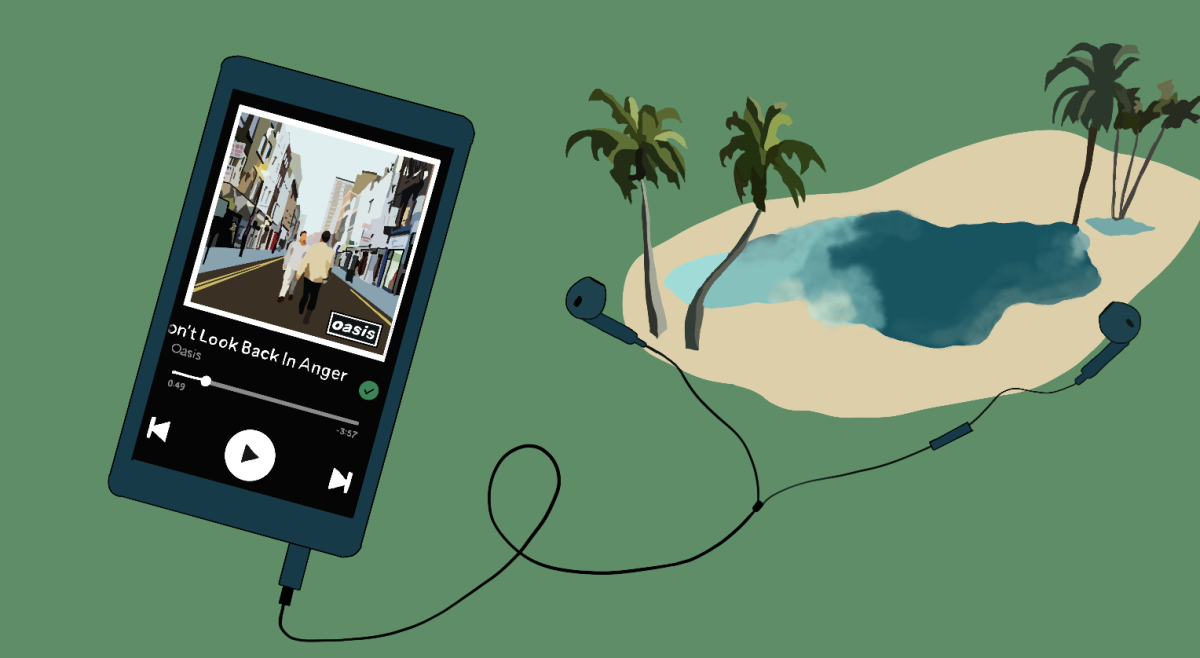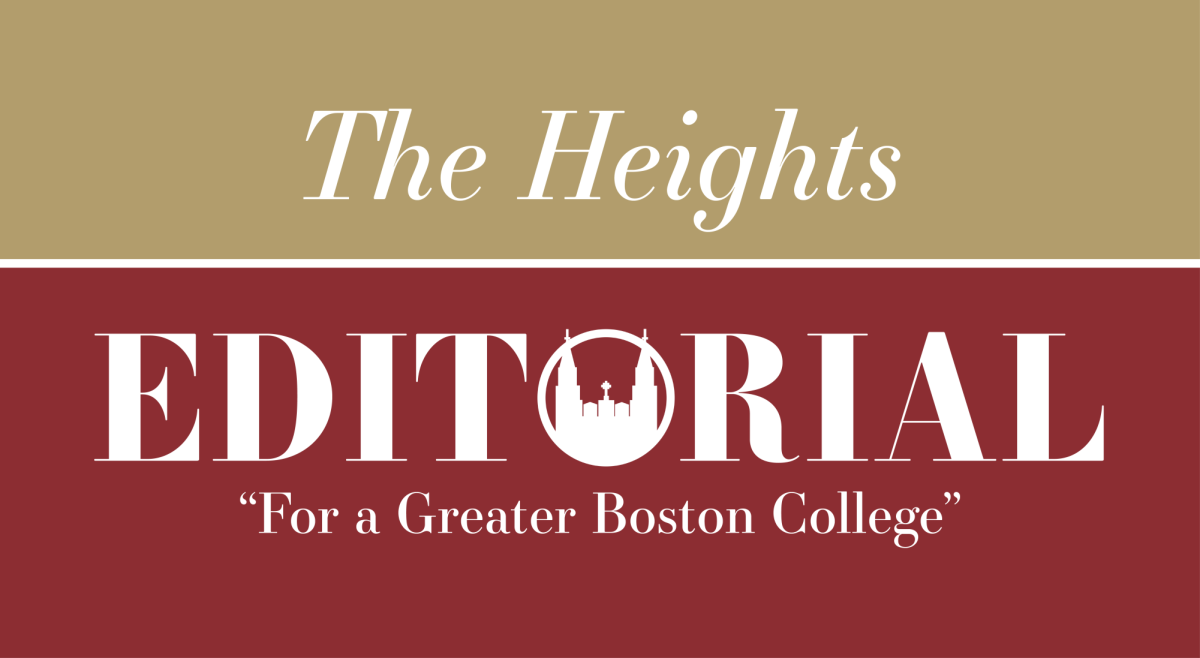Almost three years ago, in January 2015, Boston College’s administration surprised the whole campus with an abrupt decision to end health insurance coverage for Master’s students altogether, and for PhD candidates after their fifth year. Following substantial confusion and chaotic negotiations, the administration backed down on PhD candidates, but held fast regarding Master’s students. One friend of mine had just transferred into a Master’s program with a promise of health insurance—only to arrive here and be told the administration had changed their mind.
This followed on the heels of the administration’s decision to interview and hire the President of the Graduate Student Association, our student government, diminishing democratic representation on campus. It was amidst student groups being denied the official recognition necessary to organize events, post flyers, or even meet on campus. This included Climate Justice @ Boston College, which endured three years of intimidation and academic probation—they gained official recognition only after press coverage and protest from students, faculty, and politicians.
A general sense of obstruction frustrated students on campus enough in 2014 and 2015 that two Rights on the Heights rallies were held, a collaboration between Climate Justice @ Boston College, the Social Justice Coalition, Students for Sexual Health, UGBC’s GLBTQ Leadership Council, and UGBC members.
I was in the Graduate Arts and Sciences Association at the time, and in addition to managing widespread confusion about health insurance coverage, it was all we could do to try and get a meeting with the Board of Trustees, to, possibly, suggest the idea of a parental leave policy. We were afraid if we pushed too hard that we wouldn’t get future meetings. Ultimately, we realized we had no power—we were at the whim of administrators and trustees, should they feel inclined to lend us a sympathetic ear.
It was in this atmosphere that myself and a number of other graduate student employees started to meet regularly to discuss forming a graduate employee union. This eventually included graduate students from every school and department on campus. We reached out to the UAW, the largest union for academic workers in the US, to request their help to create the best union possible for our campus. They agreed to help, and provided an organizer to advise us at our weekly meetings.
I was very impressed by the knowledge of every UAW representative we worked with, and grateful for the importance they always stressed on us running our union—they were there simply to advise. Two years later, in 2017, when we needed legal assistance to file our petition to unionize with the National Labor Relations Board, UAW provided the necessary lawyers. This expert advice, which we already benefit from, is what our dues will pay for when we have a contract.
From start to finish, though, this is our union. It is our effort to take responsibility for our lot in life, and it is our hours of hard work that run this campaign. I take offense to Provost Quigley’s recent letter, which implied our union somehow belongs to the UAW, not the grad employees of BC. It is a collaboration between grad employees from every school and department at BC to ensure fair compensation for the valuable, world class, professional work we provide in classrooms and laboratories across campus. It is how we ensure future generations are guaranteed, through a legally binding contract, the same or better access to the higher education that we benefit from.
It is our responsibility to take care of ourselves and our peers. Forming a union gives us the power to do this. And it’s why I’ll be voting in favor of forming our union on September 12th and 13th.
Featured Image by Amelie Trieu / Heights Editor













